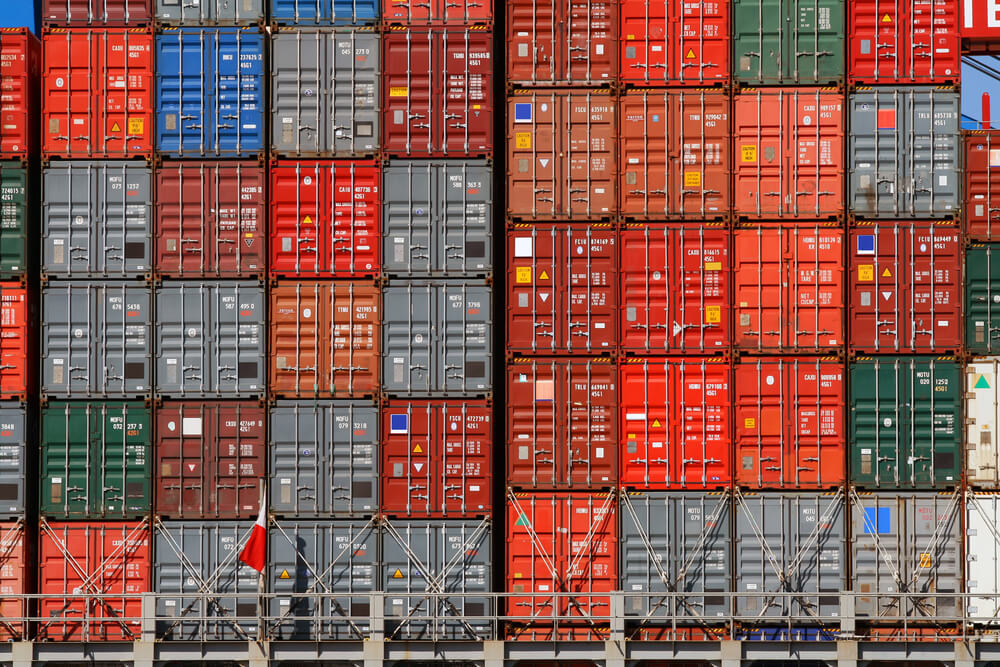
The White House continues to reverse the national economic strategy of the previous administration, and the move to roll back tariffs could backfire. The Biden Administration reportedly brokered a tariff-reduction deal with the EU, Japan, and others, in an effort to slow inflation that recently hit a 30-year high. But with some U.S. ports experiencing unprecedented supply chain bottlenecks and others struggling to keep pace with imports, lowering tariffs right now could exacerbate the logjams.
Biden Administration officials recently engaged Japan and the EU to reduce tariffs on materials such as steel and aluminum. U.S. Trade Representative Katherine Tai and Commerce Secretary Gina Raimondo reportedly came to an agreement with EU officials.
“We fully expect this agreement will provide relief in the supply chain and drive down cost increases,” Sec. Raimondo reportedly said. “Of course, it is also good for the American manufacturers who use steel and aluminum in their products.”
The group is also attempting to rework tariff policies with Japan. The Trump Administration leveraged tariffs against even seemingly friendly countries that imposed high tariffs on American imports while enjoying low reciprocal fees. The previous administration took determined measures to prevent further trade imbalances because crippling U.S. steel production threatened American jobs and national security. But with the current White House reversing tariffs, it stands to reason that ports will see another uptick in imports while Made in USA goods take a downturn.
Reports indicate that between 80 and more than 100 cargo ships were stuck off the Port of Los Angeles and Port of Long Beach coast during mid-November. The historic supply chain logjam reportedly had vessels anchored along the Southern California coast as far as San Diego. Although the White House has used the bully pulpit to push 247 hours of operation and fines on lingering containers, the efforts have done little to restore supply chain efficiency. Despite the largely import-based crisis, U.S. Treasury Secretary Janet Yellen wants to ease tariffs on China.
“Our trade representative has said that we would consider additional tariffs reductions,” Sec. Yellen reportedly said. “We want to see China meet their commitments they made under Phase 1, but stabilizing and perhaps eventually lowering some tariffs in a reciprocal way could be a desirable outcome.”
The Asian nation has not met its obligation to purchase an additional $200 billion in U.S. goods, materials, and services under the current trade agreement. Wall Street Journal economics experts anticipate the U.S. trade deficit will widen from $41.6 billion in February to more than $81 billion. The trade deficit with China has already swelled from $3.4 billion to $31.5 billion, with American exports retreating for four consecutive months. Although White House officials may believe that importing inexpensive goods can slow escalating inflation, U.S. ports cannot handle the current volume.
Sources: reuters.com, marketplace.org











It’s almost as if they’re intentionally doing all they can to hurt our country. Nah. It couldn’t be. They would never. Come on, man. The Great Reset is a conspiracy theory!
No one cares about what I have to say.
FJB!!!!!
LET’S GO BRANDON!!!!!!
Everything Joe touches turns to sh-t!
Tariffs didnt stop the trade deficit from growing, maybe more factories here will help. The last govt. supercharged an already growing economy, now there isnt much left in the cupboard for this govt to fight inflation with.